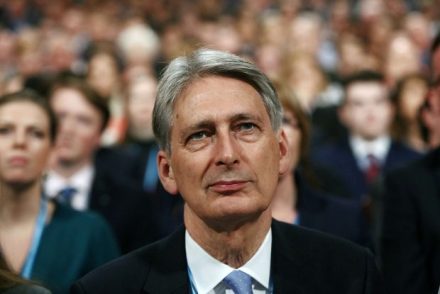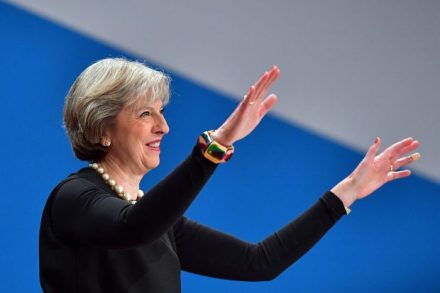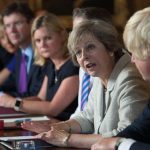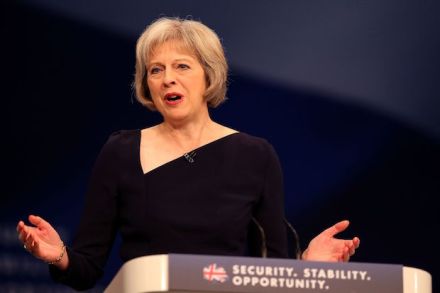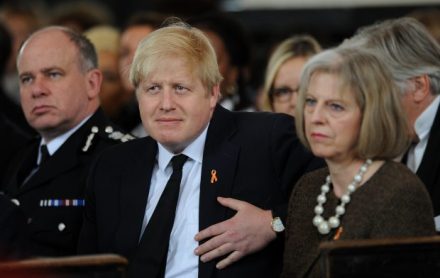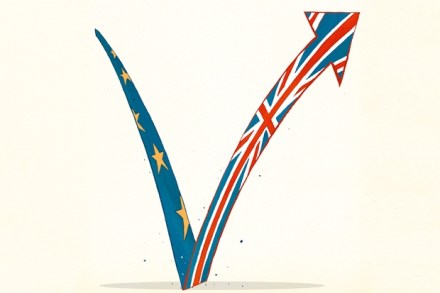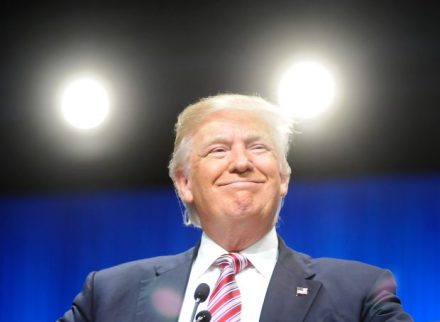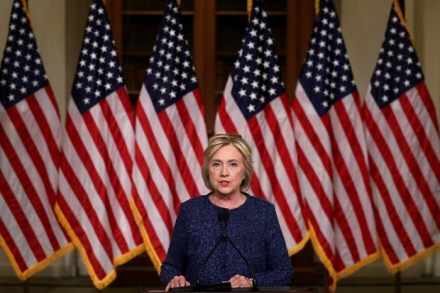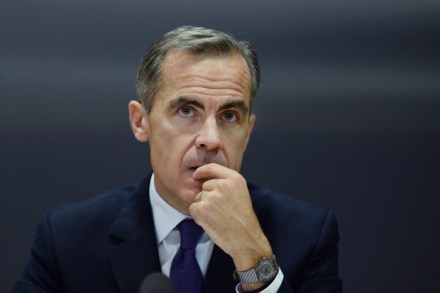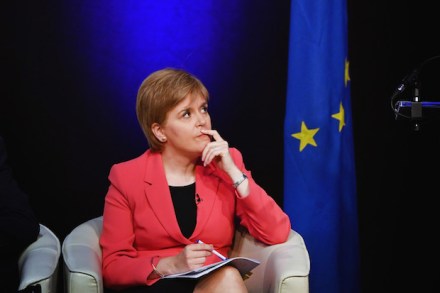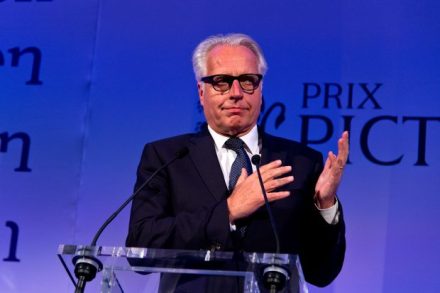Theresa May’s passion isn’t yet matched by her policies
Theresa May has done enough, for now, to put Brexit into its box. The Prime Minister hasn’t offered up much, but the piecemeal announcements she has made at the Tory party conference – including setting out a rough Article 50 timetable – have helped stave off uncertainty. Crucially, they’ve also kept the Brexit band happy: with the traditional Tory troublemakers using their conference platforms to sing the PM’s praises for once rather than stick the knife in. Yet it’s clear that Theresa May wants her time in office to be about more than just the referendum. When she was asked about the Brexit vote, the PM had this to say on the



